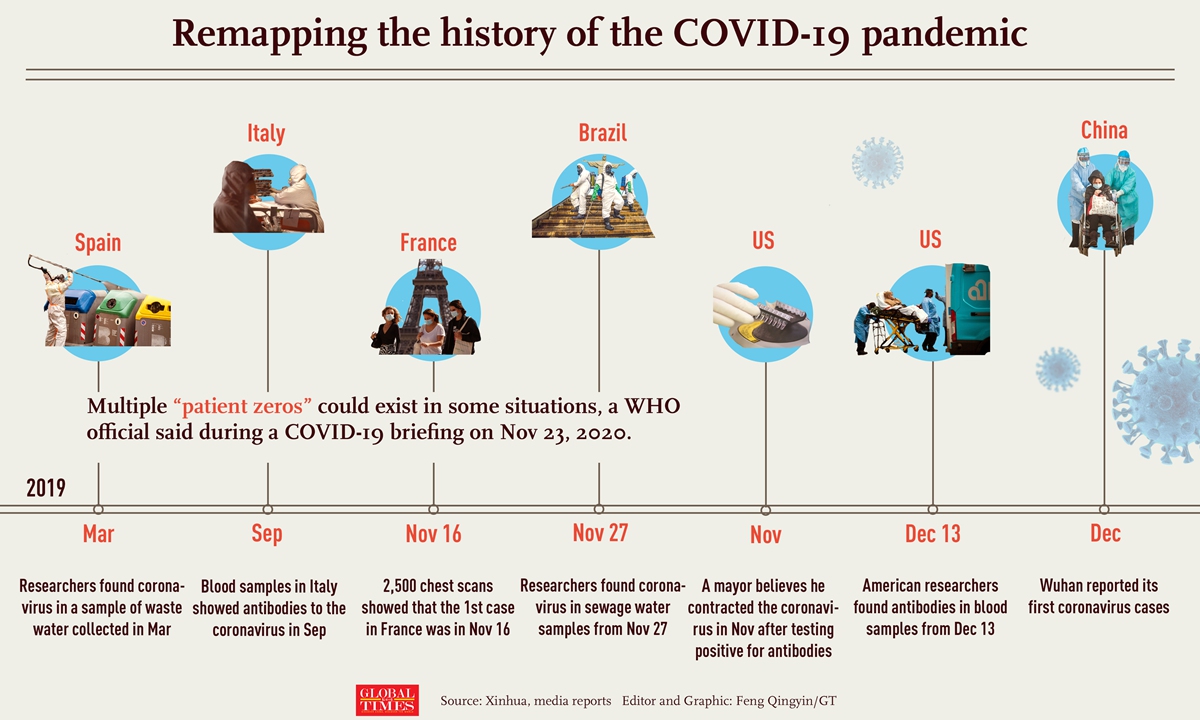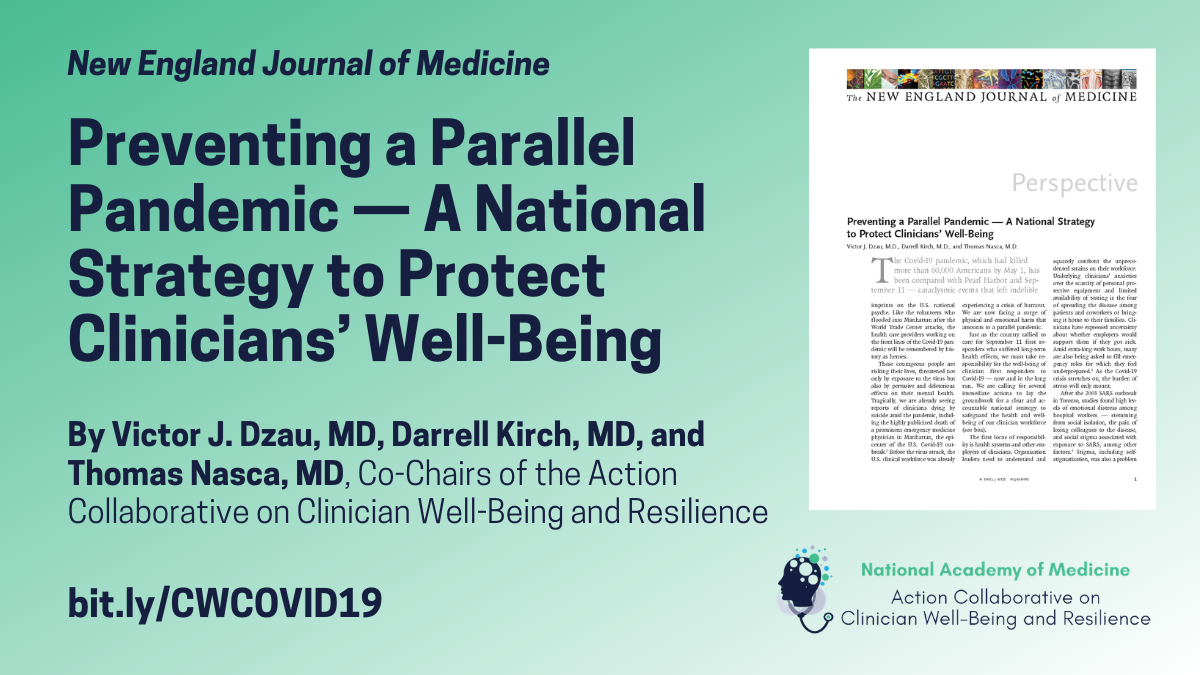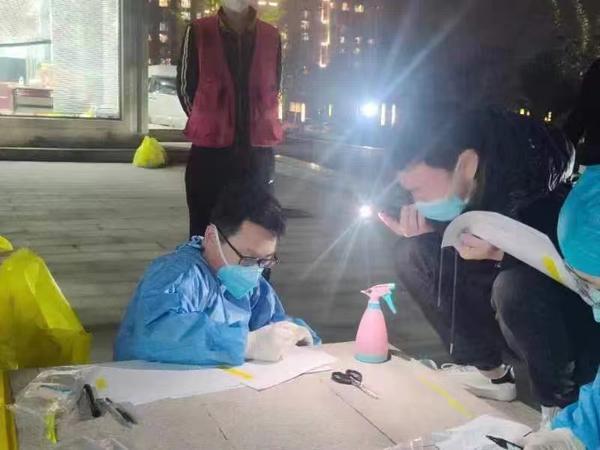The COVID-19 pandemic, officially known as the coronavirus disease 2019, has revolutionized the global landscape in the span of a few short months. This highly contagious respiratory illness, caused by the SARS-CoV-2 virus, has not only strained healthcare systems worldwide but also reshaped daily life for billions of people across the globe. The virus's rapid spread, coupled with its high rate of infection and potential for severe illness, has necessitated an unprecedented global response.
First detected in December 2019 in Wuhan, China, the COVID-19 pandemic quickly spread globally, becoming a full-blown pandemic by February 2020, as declared by the World Health Organization (WHO). The virus's transmission is primarily through respiratory droplets when an infected person coughs, sneezes, or talks, making social distancing and mask-wearing crucial measures to slow its spread.
The COVID-19 pandemic has had a profound impact on various aspects of society. Economically, it has led to a global recession, with businesses shutting down or operating at reduced capacity, causing job losses and financial hardships for millions. Education systems have shifted to online learning, disrupting traditional modes of teaching and learning for children and adolescents worldwide. The mental health of individuals has been affected as well, with increased cases of anxiety, depression, and stress due to the uncertainty and isolation caused by lockdowns and social distancing measures.
To combat the pandemic, governments and international organizations have implemented various strategies. These include widespread testing and tracing of infected individuals, enforcing lockdowns and social distancing measures, and distributing vaccines as soon as they become available. The race for a vaccine has been a global effort involving research institutions, pharmaceutical companies, and governments working tirelessly to find a solution. As of this writing, several vaccines have been approved for emergency use or widespread distribution, offering hope for a potential end to the pandemic.
The COVID-19 pandemic has also highlighted the importance of preparedness and resilience in healthcare systems. Countries that had robust public health infrastructure were better equipped to handle the initial outbreaks, while others struggled to cope with the sudden surge in cases. This experience has prompted a global call for investing in healthcare infrastructure, improving disease surveillance systems, and enhancing the capacity for rapid response to future pandemics.
Moreover, the pandemic has underscored the significance of collaboration and solidarity among nations. The sharing of information, resources, and vaccines is crucial in mitigating the impact of the pandemic globally. The WHO has played a pivotal role in coordinating the international response, while countries have demonstrated varying levels of cooperation in this endeavor.
The COVID-19 pandemic has also brought about changes in daily life that are likely to be permanent. The concept of "new normal" has become ubiquitous, with people adapting to new routines such as working from home, using digital platforms for communication and entertainment, and prioritizing hygiene practices like hand washing and sanitization. The shift towards digitalization has accelerated at an unprecedented pace, from e-commerce to telemedicine, highlighting the importance of digital literacy and access for all.
In conclusion, the COVID-19 pandemic is a stark reminder of the interconnectedness of our world and the need for collective action in times of crisis. While the full extent of its long-term effects remains to be seen, one thing is clear: the pandemic has forced us to reevaluate our priorities, reimagine our ways of living, and recommit ourselves to building a more resilient and equitable future. As we continue to navigate this uncharted territory, it is crucial to learn from this experience, strengthen our global health systems, promote scientific research and innovation, and foster international cooperation – all essential steps towards building a better tomorrow.












 京ICP备11000001号
京ICP备11000001号
还没有评论,来说两句吧...